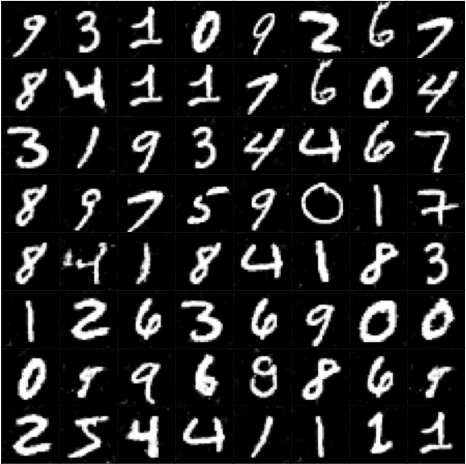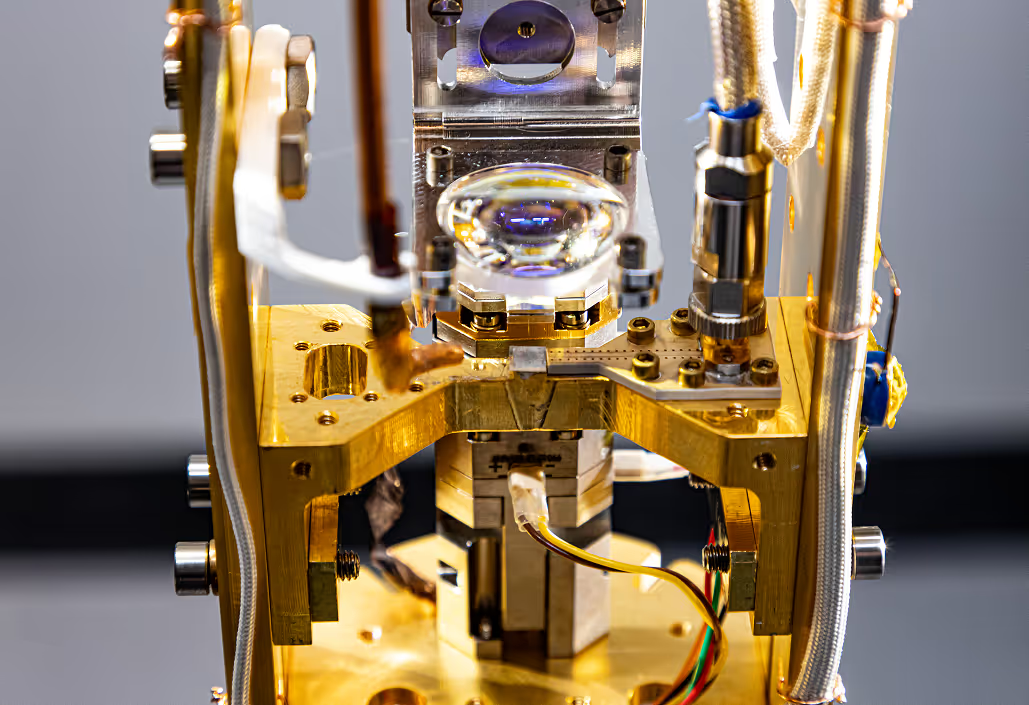Here at IonQ, we're working to build the world’s most powerful quantum computers to solve the world’s most complex problems. But we are often asked what it is that quantum computers will actually be useful for, and what problems they can solve. Today, I’m excited to share promising results of a practical application of our quantum computers: machine learning.
In partnership with Zapata Computing, we've shown the ability to generate high-resolution images produced by a hybrid quantum-classical algorithm, achieving outstanding results with our current quantum hardware. The generation of images is an area of machine learning that has already made incredible strides with classical algorithms and is expected to grow further with quantum resources.
In a preprint released today on arXiv.org, we detail how this algorithm improves over previous methods for learning from the MNIST dataset, and how this method was used to generate, for the first time with the help of a small gate-based quantum computer, high-quality handwritten digits on IonQ’s quantum systems.
Led by Zapata’s leading quantum AI team, the core of this work was replacing one part of the widely-used Generative Adversarial Network (GAN) model. The hybrid quantum-classical framework proposed allows the algorithm to maximize the quantum processor’s impact, using quantum effects only available on quantum hardware, while still utilizing major advances from state-of-the-art machine learning techniques. More details are provided in the paper.
The error rates on IonQ’s system were extremely low, allowing for the excellent results outlined in the paper. Zapata scientists also found that IonQ’s systems have exceptionally high throughput, making them more effective for the practical implementation of real-life applications, such as the algorithm described in this paper. The figure below shows samples generated by the model trained on the quantum computer that obtained the highest inception score, a metric for evaluating GANs:

We are thrilled that the low error rates and high throughput of our systems proved invaluable in this groundbreaking step forward in the development of quantum machine learning. We’re excited to be the hardware on which breakthroughs in quantum applications happen in collaboration with amazing partners like Zapata as we work together to accelerate the advancement of quantum computing.



